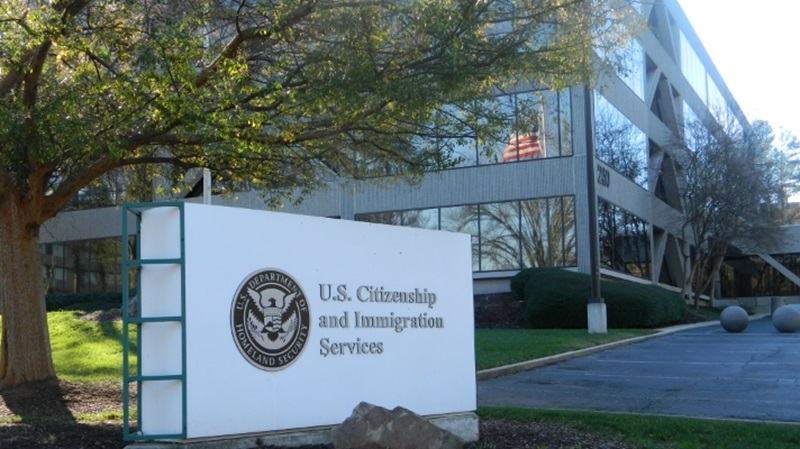The U.S. Citizenship and Immigration Services (USCIS) has increased fees for green card, citizenship, and other visa applications, effective April 1. This marks the first hike in eight years since 2016, and many consider it excessive.
For L-1 visas, the fee has more than tripled, escalating from $460 to $1,385. The H-1B application fee, commonly utilized by Koreans, has surged by 70%, from $460 to $780. The N-400 citizenship application fee has risen from $640 to $760, while the I-485 adjustment of status fee, a critical phase in the green card process, has seen a 26% increase from $1,140 to $1,440.

A family of four now faces over $5,700 in fees to apply for a green card. Additionally, costs for Labor Certification (I-765), Advance Travel Authorization (I-131), and Permanent Resident Card Renewal (I-90) have all risen.
The USCIS justifies the fee increases as necessary for service enhancements, attributing them to rising operational costs that purportedly hinder improvements in the existing fee structure. Yet, this rationale is met with skepticism. The immigration service has historically raised fees with the promise of better service, but tangible enhancements remain elusive. I hope the agency did not increase fees excessively as it belittles green card or visa applicants.
The crux of immigration and visa processing is its timeliness. The lives of applicants hinge on the prompt issuance of their immigration status. Yet, the immigration service is infamously sluggish, plagued by perennial backlogs. This chronic inefficiency is a source of immense frustration for applicants, seemingly overlooked by the agency.
It’s crucial for the USCIS to not merely adjust its pricing but to fundamentally reform its procedures. The agency should scrutinize the existing paperwork and adjudication protocols to identify and eliminate inefficiencies, aiming to streamline the process. This isn’t just about cost modification; it’s about enhancing America’s competitiveness.




![California Electricity Costs to Rise $320 Under Trump Energy Bill, Analysis Finds U.S. President Donald Trump in the Oval Office at the White House in Washington, D.C., U.S., March 12, 2025. [REUTERS]](https://www.koreadailyus.com/wp-content/uploads/2025/05/0313-Trump-100x70.jpg)